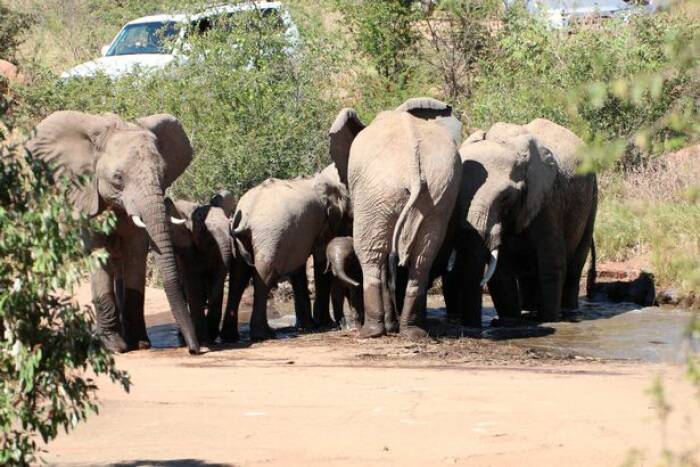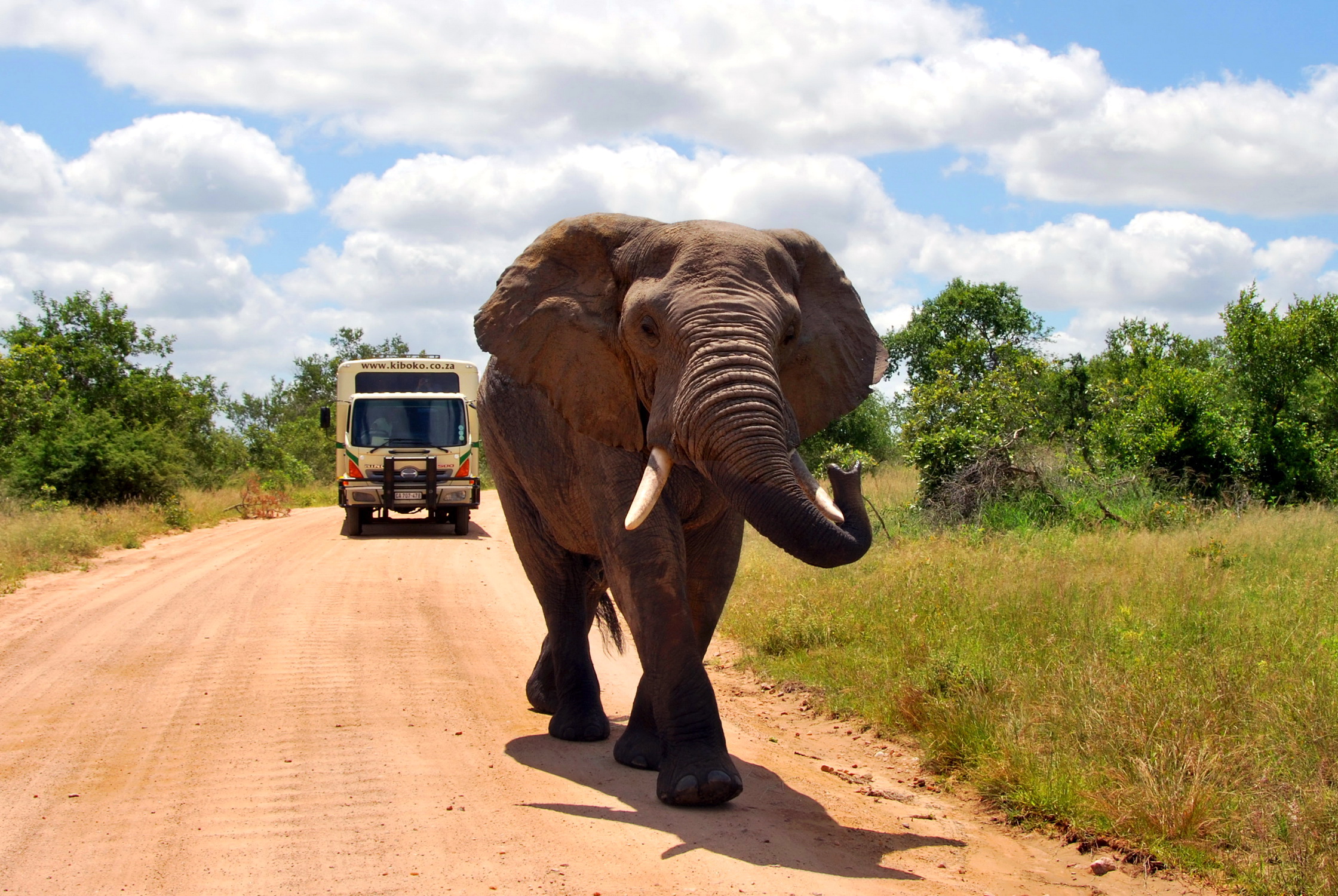
South Africa, renowned for its breathtaking landscapes and rich biodiversity, is home to a remarkable population of elephants that stands out for its unique characteristics. While elephants are found across the African continent and in various parts of Asia, the South African elephant possesses distinctive qualities that set it apart from its counterparts. In this article, we explore the factors that distinguish South African elephants from other elephant species and shed light on their unique attributes.

South African elephants are typically smaller in size compared to their counterparts in East Africa, such as those in Kenya and Tanzania. They exhibit a stockier build and shorter stature, making them distinct in appearance. This difference in size can be attributed to various environmental and ecological factors in the regions they inhabit.

The tusks of South African elephants tend to be straighter and longer than those of elephants from other regions. This variation in tusk shape is influenced by genetics and diet. South African elephants often feed on vegetation that requires digging, which results in longer tusks that aid in foraging.

South African elephants have developed unique behavioral adaptations due to the diverse habitats they inhabit. Their behavior can vary significantly based on the specific region within South Africa. For instance, elephants in the arid regions of South Africa have adapted to limited water sources, demonstrating an increased reliance on drought-resistant vegetation and a more nomadic lifestyle.
South African elephant herds tend to be smaller and less complex in terms of social structure compared to their East African counterparts. This can be attributed to the varied ecosystems in South Africa, where elephants have adapted to thrive in a range of habitats, from deserts to dense forests.
South African elephants face distinct conservation challenges, including habitat fragmentation, human-elephant conflict, and the illegal ivory trade. Conservation efforts in South Africa are tailored to address these unique issues and protect the species in its specific ecological context.
South Africa offers exceptional opportunities for wildlife enthusiasts to observe elephants in their natural habitat. Responsible tourism initiatives have been developed to provide travelers with the chance to witness these unique elephants while ensuring their conservation and protection.
South African elephants exhibit a fascinating array of unique characteristics and adaptations that distinguish them from their elephant counterparts in other regions. From their size and tusk shape to their behavioral adaptations and conservation challenges, South African elephants are a testament to the incredible diversity of wildlife found on the African continent. As we continue to study and protect these remarkable animals, we gain valuable insights into the intricate web of life that sustains them and enriches our understanding of the natural world.



